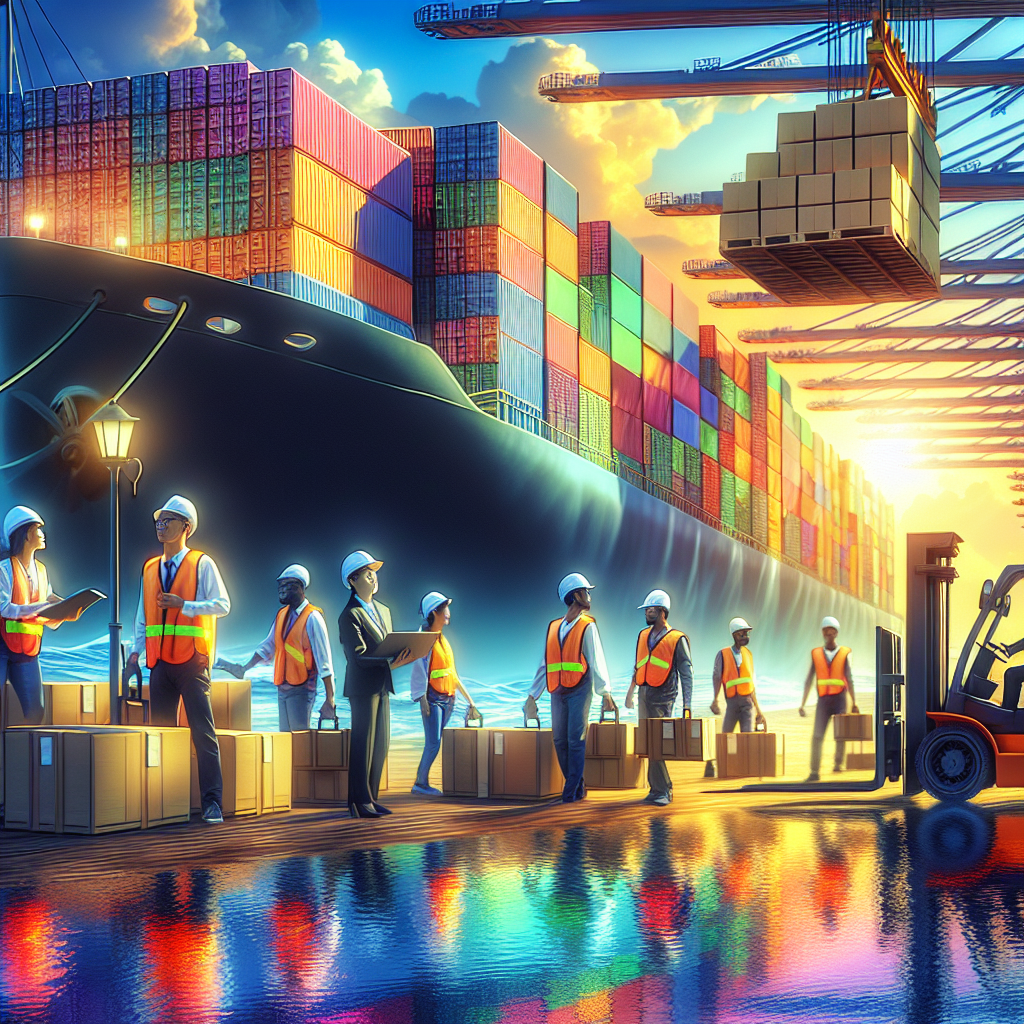Chemical Industry Welcomes DGFT’s Export Obligation Extension to 18 Months
The Advance Authorization Scheme enables importers to source raw materials duty-free for the production of export goods.

- Country:
- India
The Indian chemical industry has expressed strong appreciation for a recent decision of the Directorate General of Foreign Trade (DGFT), issued at the request of the Department of Chemicals and Petrochemicals (DCPC), that significantly eases export compliance timelines. Through Notification No. 28 dated 28 May 2025, DGFT extended the Export Obligation (EO) period under the Advance Authorization Scheme for products falling under mandatory Quality Control Orders (QCOs) from six months to eighteen months.
A Major Relief for Exporters
The measure provides a crucial breathing space for exporters in the chemicals and petrochemicals sector, allowing more time to fulfil export commitments while navigating the challenges of global supply chains. The move mirrors similar relaxations granted earlier in sectors such as textiles, where EO timelines were also extended to eighteen months.
By aligning timelines across sectors, the government has created a consistent, industry-friendly framework that reduces compliance pressure and encourages competitiveness in the international market.
The Advance Authorization Scheme
The Advance Authorization Scheme enables importers to source raw materials duty-free for the production of export goods. For products under QCOs, the scheme ensures that importers can continue operations without being hampered by certification bottlenecks, thereby maintaining a smooth supply chain for export production.
Given that a substantial proportion of advance authorizations are issued to the chemical sector, this policy revision is expected to directly benefit a large number of exporters, especially those dealing with specialty chemicals, petrochemicals, and allied products.
Economic Contribution of the Chemical Sector
The chemical and petrochemicals industry has long been recognized as a backbone of India’s industrial and export landscape. In FY 2024–25, the sector’s exports were valued at USD 46.4 billion, contributing 10.6% of India’s total export basket. This underlines the industry’s significance not just as a foreign exchange earner, but also as a driver of employment, industrial growth, and innovation.
The extension of EO timelines is therefore seen as both a strategic trade facilitation measure and a long-term growth enabler for a sector that is central to India’s global competitiveness.
Addressing Industry Challenges
Stakeholders in the chemical industry had raised concerns about the previous six-month timeframe being inadequate to manage complexities such as:
-
Compliance with international regulations across multiple export destinations.
-
Supply chain disruptions affecting raw material procurement.
-
Certification and testing delays for products under stringent QCOs.
-
Working capital constraints, particularly for MSMEs in the sector.
By extending the timeframe to 18 months, the government has effectively reduced these bottlenecks, giving exporters more flexibility to plan production, manage inventories, and optimize supply chains.
Forward-Looking Policy Approach
The DGFT’s decision, supported by the DCPC, reflects a forward-thinking and responsive policy approach. It not only reduces immediate operational stress for exporters but also enhances India’s ability to expand its footprint in the global chemicals trade.
Industry leaders have hailed the notification as an example of government–industry collaboration and a signal of India’s commitment to ease of doing business. The policy is expected to:
-
Lower financial pressures by easing input cost burdens.
-
Secure uninterrupted availability of raw materials.
-
Strengthen the competitiveness of Indian chemical exports.
-
Encourage long-term investments in the sector.
With this extension, the government has reaffirmed its recognition of the strategic importance of chemicals and petrochemicals in India’s industrial growth. By supporting exporters with regulatory flexibility and policy clarity, India is positioning itself to capture a greater share of the global market and reinforce the industry’s role in the country’s economic transformation.










